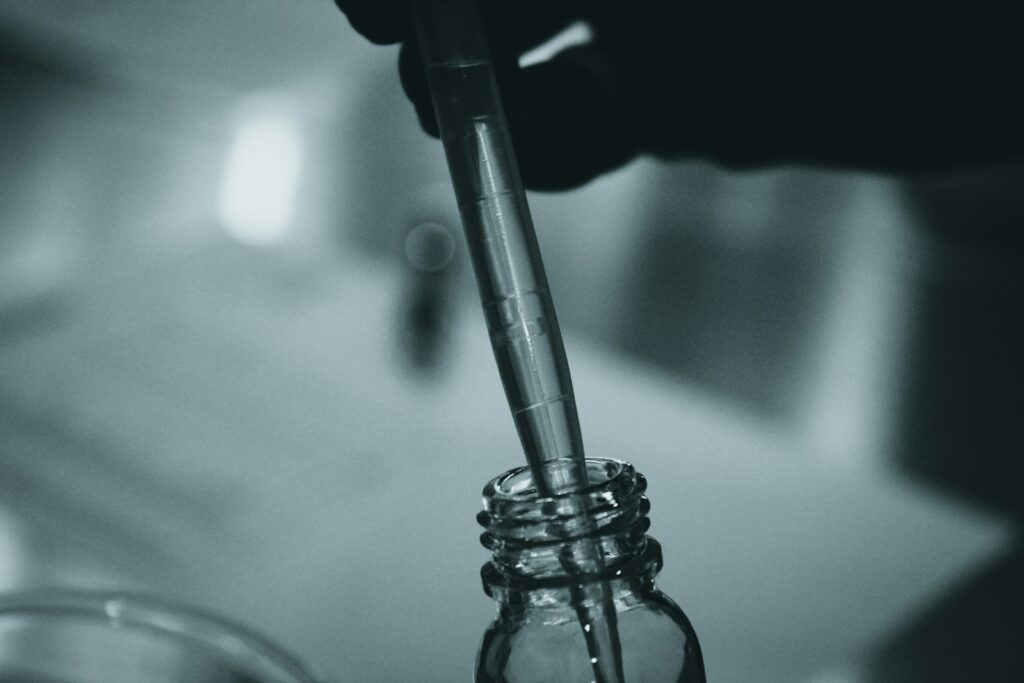A chain is no stronger than its weakest link.
A dictionary definition of the term in the title is perhaps needed: reconceptualization means to form a new or different idea or principle in your mind from the one you previously had. This is usually good when science discovers new ways of understanding reality, when it discovers errors in what was previously thought as true, or when a new theory can better or more comprehensively explain a phenomenon or situation. This is however bad when rewriting or altering the concepts of science is done in the name of an ideology, no matter what social trend is currently active on the world scene. Science is independent of subjective or personal interpretations. And not respecting science or its practical applications will always result in damage and suffering. A recent example is the disturbing news about a plane whose door has fallen off in mid-flight because the bolts fixing it weren’t properly tightened and some were even missing. Things are simple with science: you mess with it – you suffer consequences. And it is a very bad idea to play with this.
Do you know Rice University? It’s a private research United States university based in Huston, Texas, established in 1912, classified as having a very high research activity and counting among its graduates 3 Nobel Prize laureates. In other words, a “serious” university. However, I find in its course catalog for 2023-2024 an interesting subject: “Afrochemistry – the study of black-life matter”. Yes, it’s a word play, “matter” means in English both “substance” and “to count, to be of importance”. You can search yourself for it on the internet, but I reproduce below the description of the course:
Students will apply chemical tools and analysis to understand Black life in the U.S. and students will implement African American sensibilities to analyze chemistry. Diverse historical and contemporary scientists, intellectuals, and chemical discoveries will inform personal reflections and proposals for addressing inequities in chemistry and chemical education.
Nice, isn’t it?
It appears that there is “General-Chemistry” or “Conventional-Chemistry”… and “Afro-Chemistry”! As if there are chemical elements or substances “in general”, such as carbon, oxygen, hydrogen, water, alcohol, etc., and then there are “specific”, “afro” chemical elements or substances, such as afro-hydrogen or afro-water perhaps?!?
There are several aspects in the description of the course that I fail to understand.
First, what it means to “apply chemical tools/analysis so as to understand black life”? What is the connection between chemistry as a science and having a black racial background? Is having a black ethnicity going to change the validity of chemistry as a science? Can someone explain me how?
Second, how can someone “implement African-American sensibilities” into chemistry analysis? What are those sensibilities and how are they related to chemistry? I understand that sensibility refers to a history of exclusion and injustice, but this history has nothing to do with fundamental science!
Third, what does “inequities in chemistry and chemical education” means? Inequity, according to the dictionary, refers to lack of fairness or justice. How can we employ inequity (a cultural or social concept) when it comes to chemistry (a scientific, even mathematical field)? Education is the same for all students, especially in America that has traditionally valued equal chances for anyone (who is capable) and is actually based on democracy (democratic access to training and education) and meritocracy (the best individuals in a field of study will be granted recognition). Yes, I understand that access to university in the United States involves student loans and an insane amount of money, but what has chemistry to do with this? This issue is best suitable to be discussed in a different course (humanities maybe?), but not in a “technical” scientific course. Chemistry is not about politics, virtue signaling or any sort of blame game; chemistry is about chemical reactions – African or not.
What I find concerning in the situation above is that we are brainwashing ourselves by lecturing each-other about trivial stuff, while more and more airplanes are going to lose their doors in mid-air. Follow this path and travelling by plane will become dangerous risky business! I see a similar process of redefining and reconceptualizing stuff in my psychological field, but the risks are a less severe, as the worst possible outcome is to go crazy, which is an individual act. A general failure of the processes that maintain our civilized life – services that run on “mainstream-chemistry” – is a far worse outcome.


